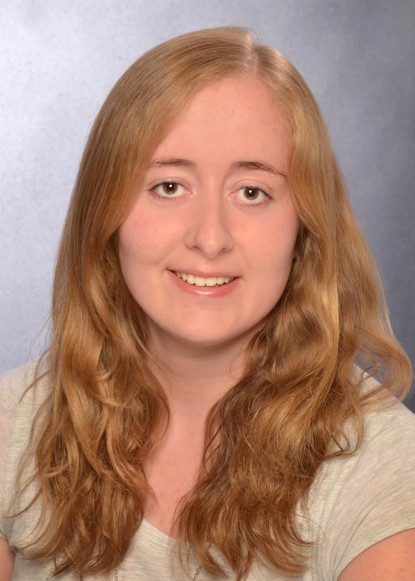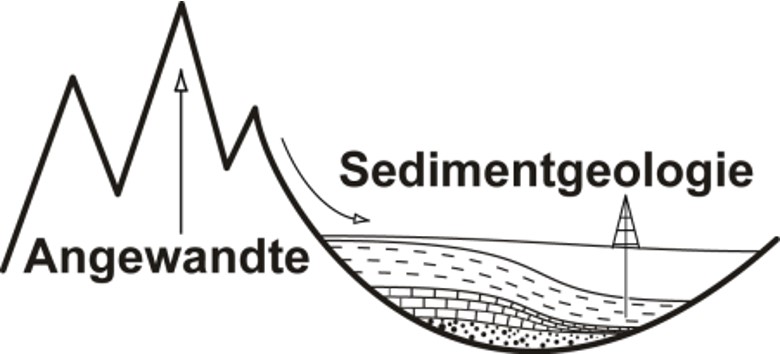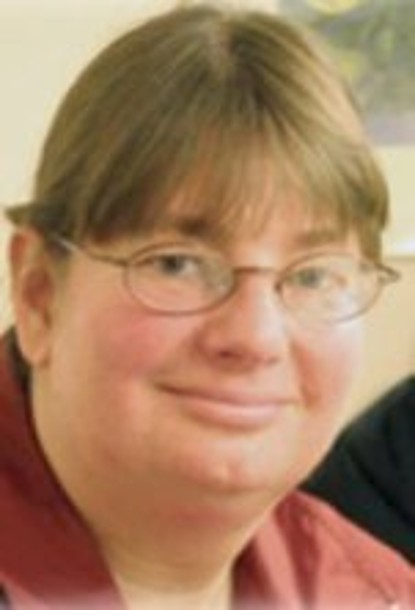Applicant: Prof. Dr. Matthias Hinderer
Funding: DFG
Persons of Charge: Kristin Haas
Duration: 2020 – 2023
Summary
The DFG project Bad Waldsee aims to clarify the effects of medieval to early modern urban development on water bodies using the example of Bad Waldsee in the period from 1200 to 1800. The investigations will be focused on the long-term interactions between humans and environment.
The seasonally laminated sediments of the lake Stadtsee in Bad Waldsee form a unique archive of economic and environmental history since the Middle Ages. The signals stored in the sediment can be correlated with historic documents with yearly precision over centuries. This provides a unique opportunity to examine in detail how the history of the town and its surrounding area has affected the development of the lake and water quality, and how quickly water quality and the aquatic ecosystem have recovered from anthropogenic activities.
An interdisciplinary research team consisting of geoscientists, biologists, and historians was assembled to conduct temporally highly resolved diatom and pollen analyses, as well as geochemical-sedimentological investigations on the existing sediment cores of the Stadtsee, and to selectively combine them with information from historic documents.
The project leaders are Prof. Dr. Matthias Hinderer from the Institute of Applied Geosciences in the Department of Applied Sedimentary Geology at the Technical University of Darmstadt, Prof. Dr. Sigrid Hirbodian from the Institute of Historical Geography and Ancillary Historical Sciences at the University of Tübingen, Archive Director Prof. Dr. Peter Rückert from the Hauptstaatsarchiv Stuttgart, Prof. Dr. Antje Schwalb from the Institute of Geosystems and Bioindication at the Technical University of Braunschweig, and Dr. Elena Marinova-Wolff from the Landesamt für Denkmalpflege Baden-Württemberg. Further collaborations exist with the working group of Prof. Hollert at the Goethe University Frankfurt and the section Climate Dynamics and Landscape Evolution headed by Prof. Dr. Achim Brauer at the Geo Research Centre (GFZ) in Potsdam.
Within the framework of the project position at the TU Darmstadt, the sedimentation conditions are to be clarified, the inputs of persistent pollutants reconstructed, as well as potential emitters identified and the ecotoxicity estimated. This includes the microscopic analysis of the sediment facies and the formations of varves, the generation of an age model, a high-resolution investigation of the inorganic as well as organic geochemistry (TOC, C/N, μXRF, PAH, heavy metals), and ecotoxicological tests. The results will be evaluated, interpreted, presented, and published internationally in close cooperation with the other working groups.
Additional information on the partner website of the University of Tübungen – Link

M.Sc. Kristin Haas
Contact
haas@geo.tu-...
work +49 6151 16-20634















